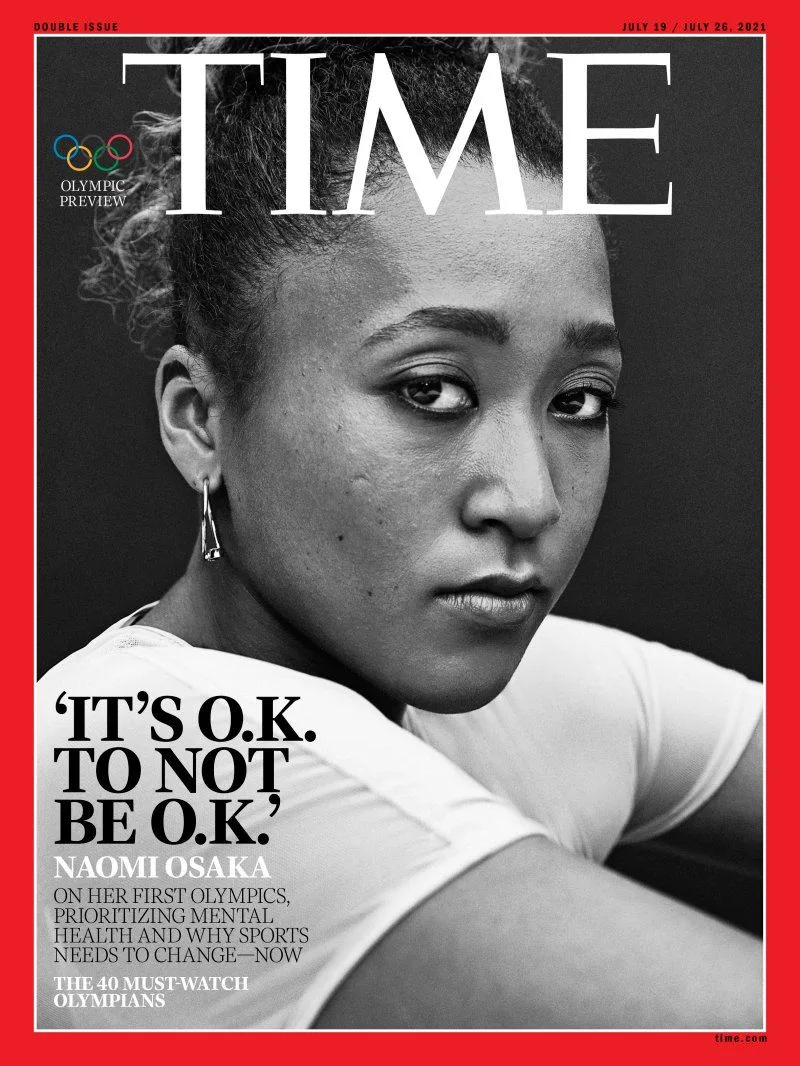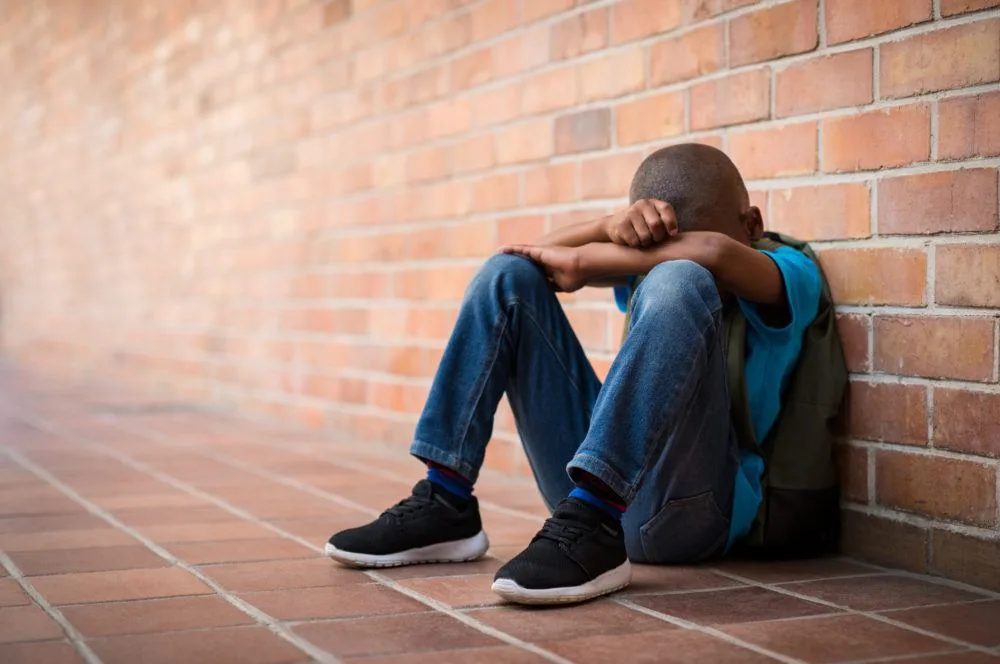According to the South African Depression and Anxiety Group (SADAG), South Africa’s children are traumatised: apart from our country’s high crime and violence rates, children have witnessed the trauma and loss of the COVID-19 pandemic, the consequences of parents’ unemployment, the fallout of the recent looting and insurrection, and uncertainty about their schooling future.
“If adults have felt anxious, stressed, and have been struggling to navigate the impact of COVID-19 on their mental health, we know that stress and anxiety is felt even more by our children and adolescents,” says Cassey Chambers, operations director at SADAG.
Mental Health In South African Children
The majority of the calls that SADAG receives mostly come from adults. However, they revealed that they’ve recently noticed an increase in the number of calls from teens and adolescents.
“These calls are soaring because, against the backdrop of all the trauma our children are experiencing, they’re uncertain how to articulate what they’re feeling, how to ask for help, and in many instances, they don’t know who they can turn to for the help they need,” Chambers says.
South African children have been going through a lot, and we’re definitely not talking about their changing hormones.
The Pandemic’s Impact On South African Children

Photo by Kelly Sikkema on Unsplash
For one, the COVID pandemic affected them in a number of ways. Firstly, their parents’ professional lives were flipped upside down, and for many, this resulted in unemployment.
Secondly, rates of gender-based violence (GBV) soared during the hard lockdown last year. During the first week of the lockdown, the South African Police Service (SAPS) reported receiving 2 300 calls for help related to gender-based violence. By mid-June 2020, 21 women and children had been killed by intimate partners in the country. It’s evident that crime increased during the pandemic. This is not the same fate you would want for your child as it is hard to find the best criminal appeal lawyer once your child is incarcerated.
Lastly, between March 2020 and June 2021, primary school pupils lost almost 70% of a full year of learning. School can have a profound effect on the development of children. They provide structure, routine as well as socialisation skills. Coupled with the deaths of their caregivers, and the economic impact of the pandemic, research has found that there has been a threefold increase in school dropouts (roughly 750,000 pupils) since the start of the pandemic.
Does my child need help?
“As a parent, you are the expert on your child’s behaviour and level of functioning, so you will be the first to notice if any signs of trauma or mental health issues are emerging,” explains psychologist Liane Lurie.
These signs include:
- disorganised behaviour
- agitation
- a disruption in their sleeping and eating habits
- regression in milestones (like toilet training) in younger children
- exaggerated startle responses in situations that they would normally process easily
- aggressive in games
- using ‘baby’ talk or even stopping talking altogether
- insisting on avoiding people or places that remind them of a traumatic incident.
In older children, signs could include
- self-harm
- withdrawing from activities or relationships in which they usually find joy
- substance abuse
Lurie adds that parents need to not disregard their children’s behaviour as hormonal rebellion and rather offer their support, “Parents need to be both patient and supportive in helping their child or adolescent manage depression and anxiety.”
Talk about it
“Role models such as Naomi Osaka and Simone Biles, who recently spoke out about their own mental health, have shown us that it’s ok to not be ok – and that it’s ok to take action and seek help,” Chambers says.

Photograph by Williams & Hirakawa—AUGUST
Chambers acknowledges that parents are overwhelmed too, but that it’s important to normalise talking about mental health to help break the stigma. He also adds that while they have experienced an increase in calls in recent months, they understand that there are still many more out there who will benefit from counselling.
Caring for your child’s mental health
SADAG and Cipla offer these tips to parents who suspect that their child may be struggling with mental health challenges after a particular incident, or even more generally speaking:
-
Make your child feel safe, whether it’s a cuddle or a hug, or a reassuring hand resting on their back or shoulder – and tell them that they’re safe with you too. It’s also important for you, the parent, to keep as calm as you can.
-
Open a conversation with your child, asking open-ended questions about what they are thinking and feeling.
-
Listen to your child calmly, giving them your full attention, without the distractions of devices, media, or other people.
-
Don’t jump to conclusions, and don’t minimise what they’re feeling or saying. If you’re not sure that you understand what their concerns are, ask more leading questions, such as ‘What do you mean by that?” or “Can you tell me more about this?”. You can also help them by summarizing what they’re saying, by offering “It sounds like what you’re feeling is…” – and let them correct you if you’re wrong.
-
Share the facts about the incident, if you have them to hand, and talk honestly about it, taking care to correct any misconceptions there may be – particularly those that may have been created by social media.
-
Be very mindful of the language you use, and avoid blaming or scapegoating particular people or groups. Use neutral and passive language to make this easier.
-
If it’s appropriate, discuss a plan of action with your child – whether it’s about what to do next to address their mental wellness, or about how to prevent a recurrence of whatever it is that is troubling them. This will most likely help them, and you, deal with the issue at hand.
-
Try to restore any routines that your child has. These are a touchstone of ‘normal’ again, and will likely help them keep calm.
“Most importantly, know when to ask for professional help, whether it’s a mental health professional at your child’s school, or an independent practitioner,” says Lurie.
Want to know more?
In what’s probably the biggest tech news to come out this year, China has cracked down on teen tech addiction by restricting online gaming services provided to young gamers.





![women [longevity live]](https://longevitylive.com/wp-content/uploads/2020/01/photo-of-women-walking-down-the-street-1116984-100x100.jpg)










